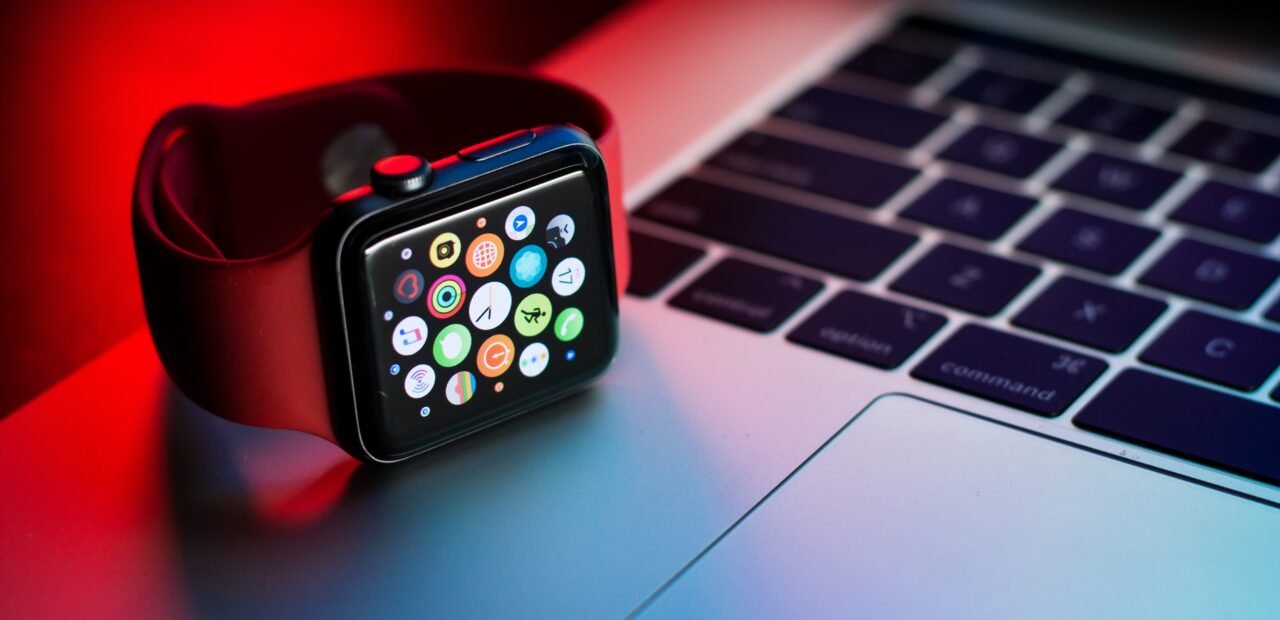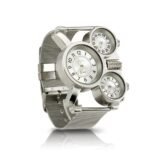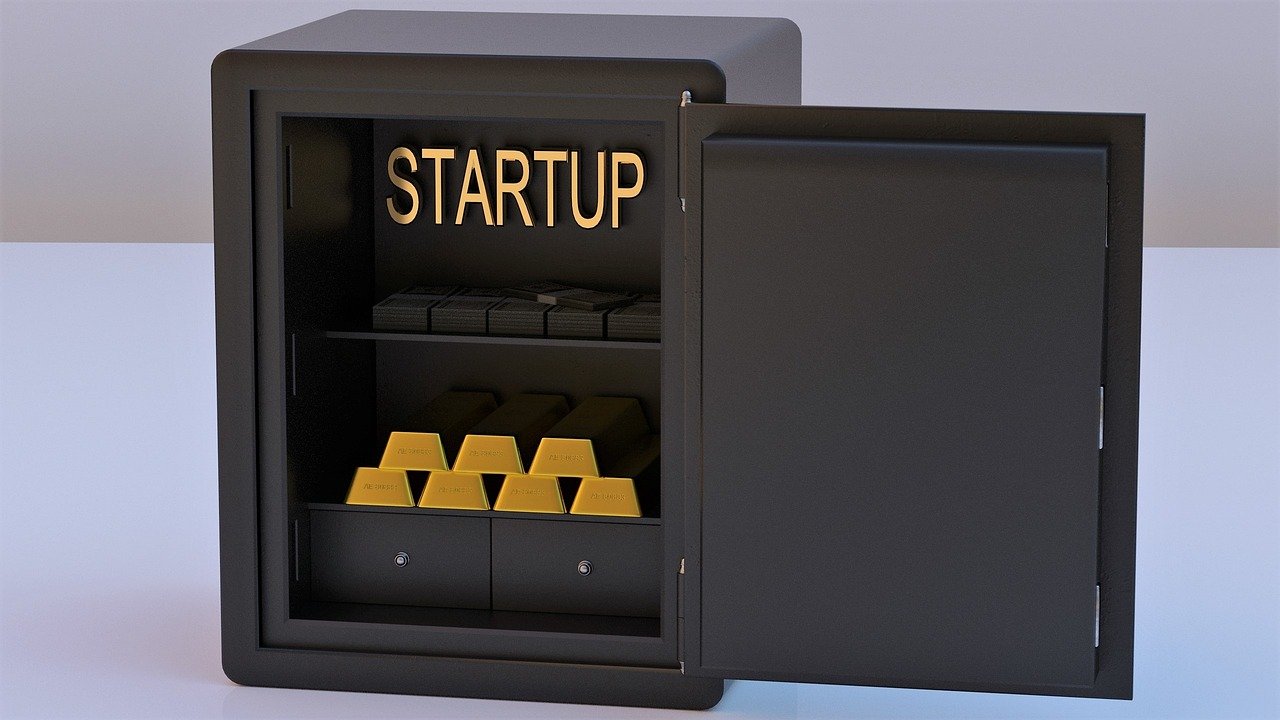Apple Watch Ban in USA: Understanding the New Regulations
The sale of the Apple Watch has hit a significant snag in the United States due to a legal blockade. A recent US International Trade Commission ruling has put a stop to the distribution of the latest model, the Apple Watch Series 9, leaving consumers and the tech giant in an unfamiliar standstill. The administration’s decision not to veto the commission’s ruling marked the beginning of an unexpected sales halt.

In an ongoing battle over patent infringement claims, the step to ban certain Apple Watch models from sale reflects the complexities of intellectual property law in the fiercely competitive tech industry. Consumers looking to purchase the newest Apple Watch found themselves facing limited options as the ruling took effect.
However, in a turn of events, Apple managed to secure a temporary victory when a federal appeals court intervened, blocking the import ban. This move has allowed Apple to resume sales of its smartwatches, at least for the time being, as the legal proceedings continue. The situation underscores the turbulent nature of tech innovation, where legal disputes can have immediate and widespread impacts.
Origins of the Apple Watch Ban
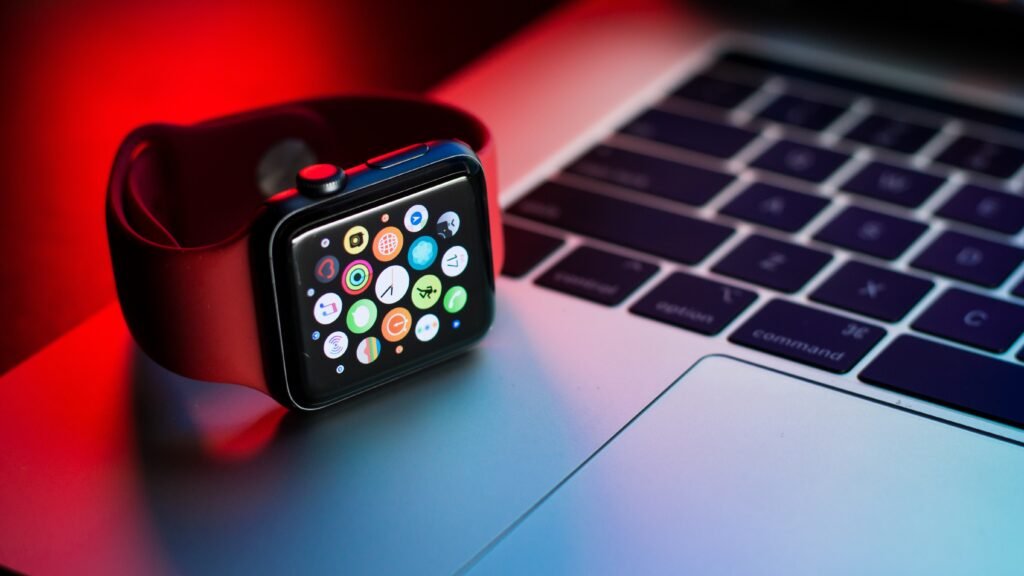
In October 2023, the US International Trade Commission issued a ruling leading to the Apple Watch ban, citing patent infringement concerns.
Legislation Overview
On October 26, the US International Trade Commission (ITC) found that certain features of the Apple Watch infringed on patents owned by a medical technology company. This ruling centered around the blood-oxygen tracking technology that was integral to the newer models of the Apple Watch. Following this decision, the Office of the United States Trade Representative, led by Ambassador Katherine Tai, upheld the ban, barring the sale of the implicated Apple Watch models in the United States.
Initial Reports and Reactions
Reactions to this significant ruling were immediate and widespread. Consumers expressed surprise as the newest version of the Apple Watch was pulled from sale in the US. Media reports detailed the events leading up to the ban and speculated on the possible impacts this could have on both Apple and consumers. They also outlined Apple’s avenues for response and appeal, creating a narrative of uncertainty about the future availability of Apple’s wearable devices in the US market.
Impact on Consumers
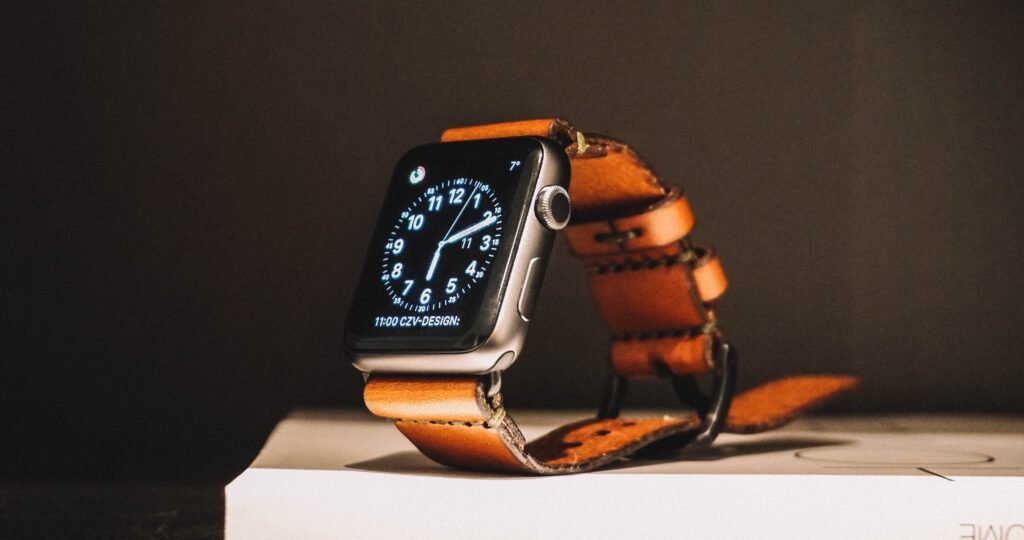
The enforcement of the Apple Watch ban disrupts the availability of specific models for consumers in the United States, leading to changes in the market landscape and eliciting varied reactions from Apple product users.
Market Shifts
Following the ban on sales of certain Apple Watch models, including the Series 6, 7, 8, Ultra, as well as the current 9 and Ultra 2, consumers may shift their focus to older models or explore alternatives from different brands. Retailers with existing stock might experience a temporary surge in demand for unaffected models.
Consumer Responses
The ban primarily impacts those looking to purchase the latest Apple Watch models, leading to frustration and confusion among some consumers. On social media, individuals express concerns about the long-term support for their recently purchased devices. They also seek clarification on whether their current models will still receive software updates, given the restriction on new sales.
Repercussions for Apple Inc.
Following the import ban on certain models of the Apple Watch, Apple Inc. faces several challenges that could affect its financial standing and market position.
Financial Implications
The ban on Apple Watch sales, as reported, directly impacts Apple’s revenue stream, primarily in its wearable technology segment. During previous quarters, this segment has experienced robust growth, contributing significantly to the company’s overall financial performance. With certain models no longer available for purchase, Apple may see a downturn in sales, potentially leading to a dip in the profitability of this product line.
Brand and Market Position
Apple’s reputation for innovation could be at stake due to the ban on the latest smartwatches. Customers may perceive the situation as a step back in the company’s ability to lead in the tech industry, possibly affecting brand loyalty. Additionally, competitors could capitalize on this opportunity to grab market share, disrupting Apple’s dominant position in the smartwatch market.
Legal Challenges and Discussions
The import ban on certain Apple Watches was a significant legal event, with a federal appeals court intervening to temporarily block the ban while ongoing patent disputes are resolved.
Tech Industry Responses
In the wake of the court’s decision, various players in the tech industry have expressed their concerns and support. On one side, companies have underscored the importance of protecting intellectual property rights, while on the other, industry leaders stress the need for competition and innovation. The ruling to temporarily pause the ban on Apple Watch sales has drawn mixed reactions, reflecting the complex nature of tech patents and market dynamics.
Government Hearings
The government’s role in this scenario has been quite active, with hearings held to discuss the implications of the import ban. The administration has had to balance the enforcement of trade laws with the impact on the tech industry and consumers. The upholding of the trade ban by the Biden administration after accusations of patent infringement highlights the seriousness with which such disputes are treated. However, it also brings to light the challenges of navigating patent law in an industry characterized by rapid technological advancement.
Future Prospects
The unfolding situation with the Apple Watch ban in the United States hinges on several decisive factors that could shape its resolution and the wider implications for the tech industry.
Potential Resolutions
The ban on the latest Apple Watch models may see a turnaround through legal avenues or settlements. Apple could potentially negotiate with Masimo, the medical tech firm whose patents were reportedly infringed, to reach a licensing agreement that would allow Apple to resume sales. Alternatively, Apple might choose to challenge the ruling, seeking to have the ban lifted by presenting new evidence or pointing to technical distinctions in their product that could circumvent the patent claims.
Long-Term Industry Effects
The wider implications of this ban are likely to be watched closely by other tech companies. This case underscores the necessity for vigilant patent scrutiny and proactive intellectual property management. It also highlights a growing trend of patent litigation within the tech space, which could lead to more innovation and the redesign of products to avoid legal entanglements or, conversely, could stifle development due to increased legal risks. The outcome may set important precedents for how tech companies approach product development and patent strategy moving forward.

